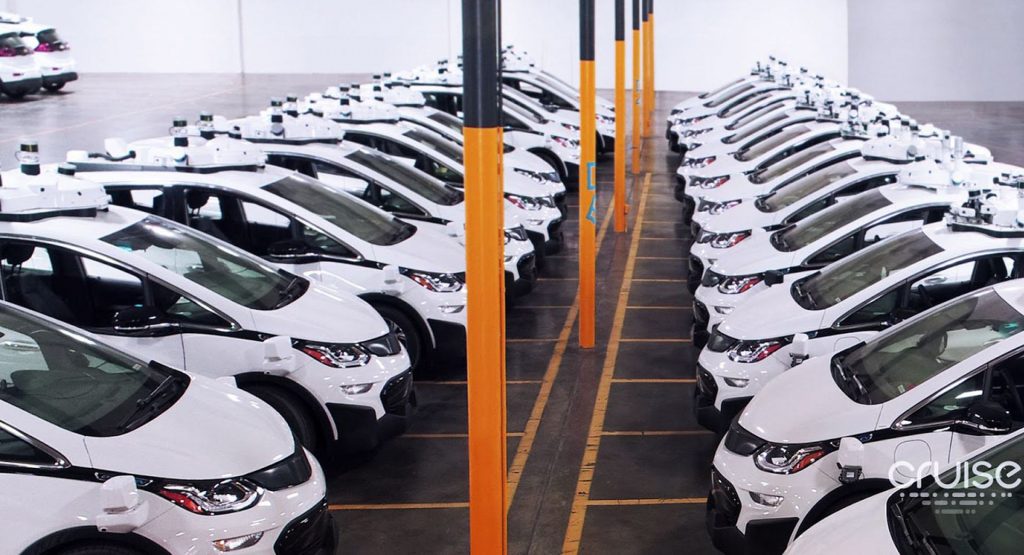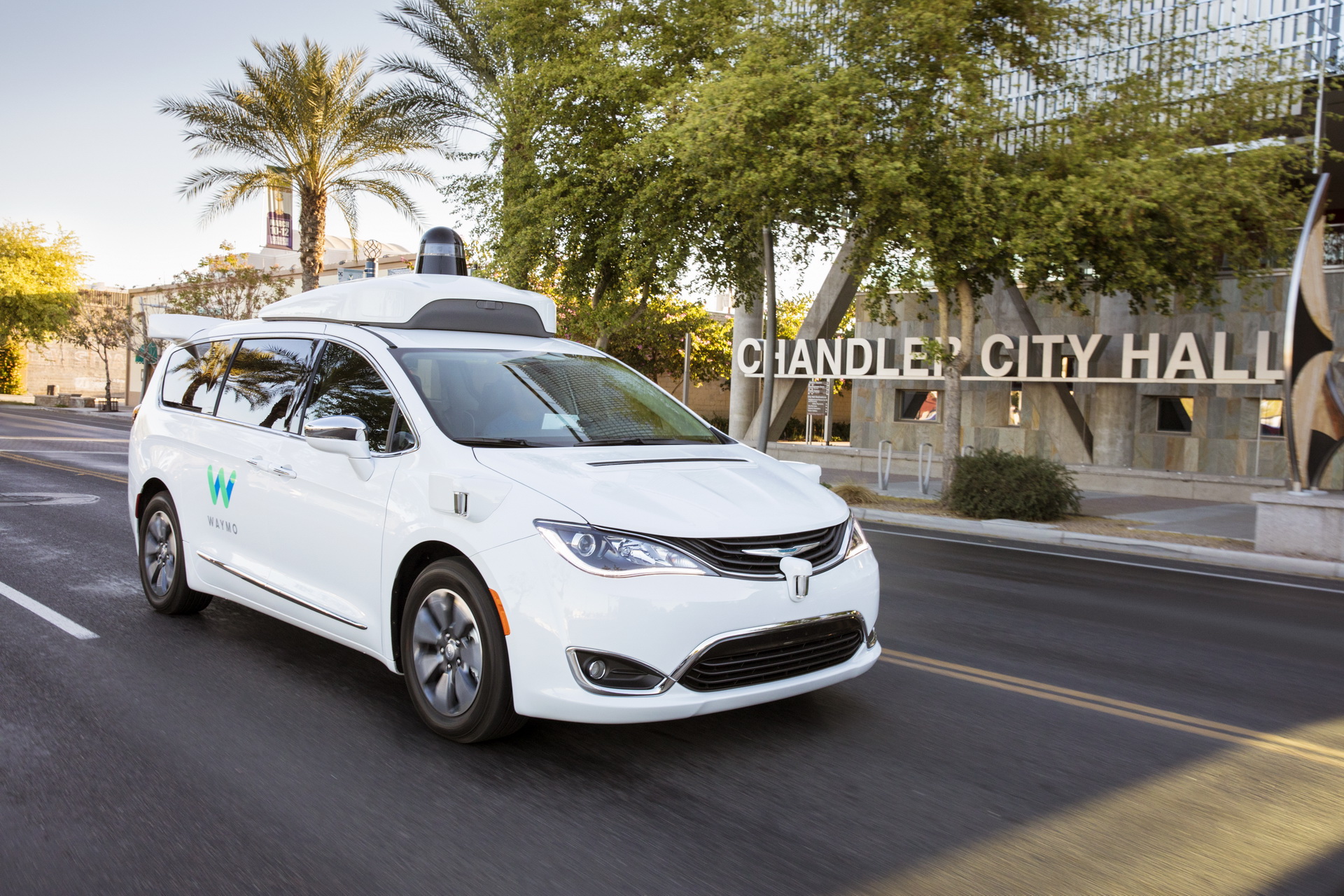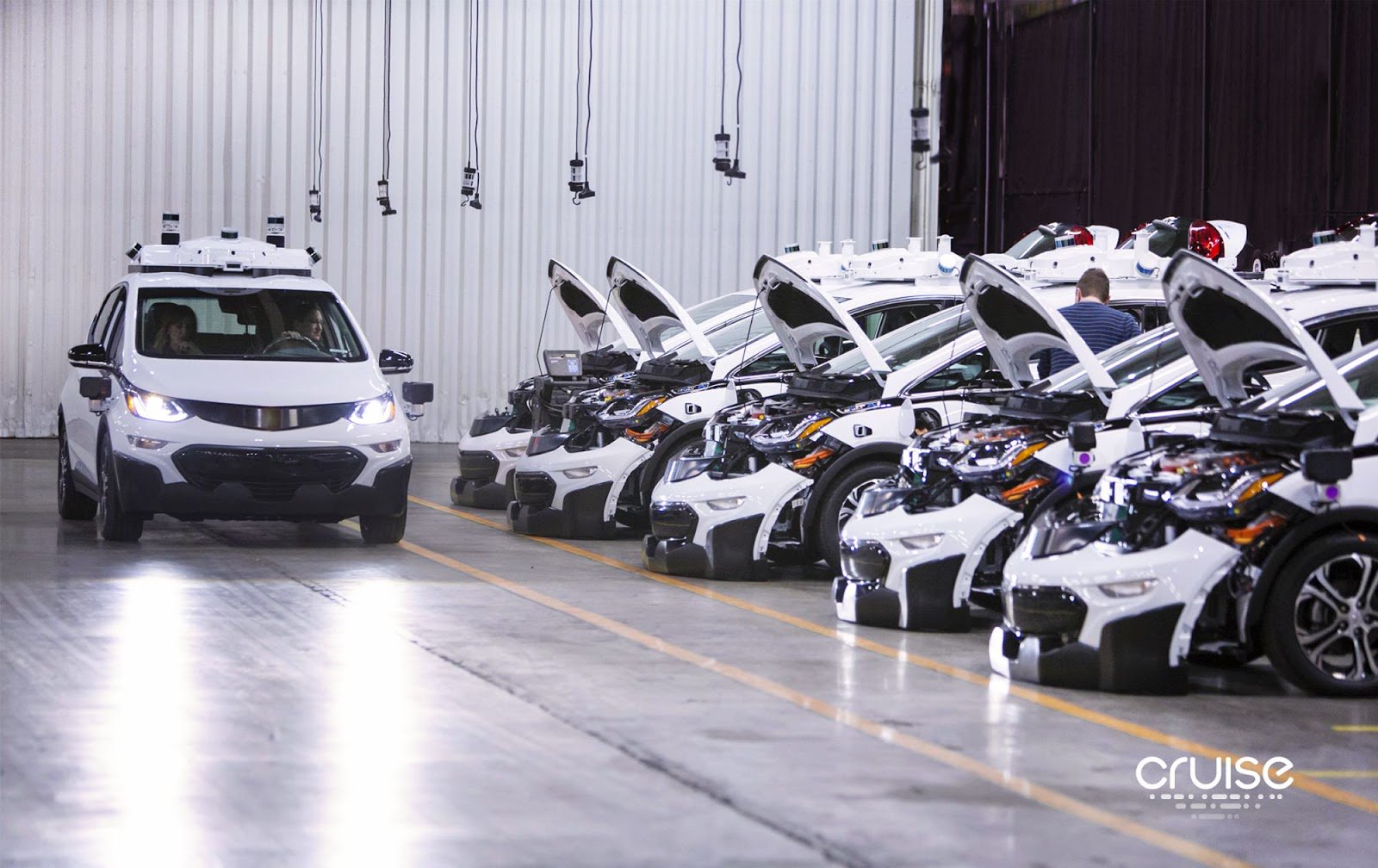According to industry specialists, the global robo-taxi industry has a great growth potential and could be worth in excess of $2 trillion a year by 2030.
Analysts from UBS Group AG came up with this lofty figure based on a simulation they ran of a robo-taxi fleet operating in New York which optimized routes and riders’ connections with vehicles. It also took into account running costs, utilization rates, charging-station network size, and margins.
The figure also includes revenue streams from building charging stations, making the vehicles and tires, and providing the electricity, The Detroit News reports.
Also Read: Waymo Picks Detroit Facility To Build Its Autonomous Cars From Mid-2019
It is estimated that ride-hailing giants such as Uber and Lyft will likely lead the charge in the world of self-driving taxi services but a number of car manufacturers are also tipped to play a significant role in the development of the industry. These will include General Motors, Volkswagen, and Daimler. Alphabet’s self-driving unit Waymo is also expected to be a major player in the robo-taxi industry.
A number of companies have already announced plans to introduce large fleets of autonomous taxis, including General Motors. The car manufacturer had intended to launch a fleet of no more than 2500 modified Chevrolet Bolts through its Cruise Automation brand for an on-demand ride-sharing fleet likely based in San Francisco by the end of this year. However, these plans recently hit a hurdle after numerous groups expressed concerns.
General Motors made a request with the National Highway Traffic Safety Administration (NHTSA) back in January 2018 to receive a two-year temporary waiver on features including mirrors, dashboard warning lights, and turn signals designed for human drivers.
Nevertheless, it seems inevitable that once the regulatory challenges are dealt with, autonomous taxi fleets will soon flood roads around the world.





